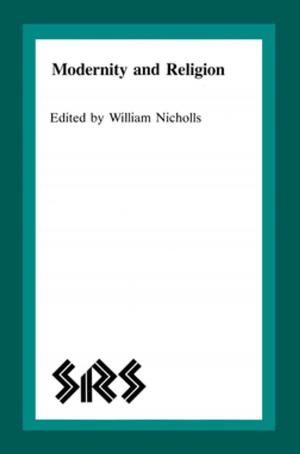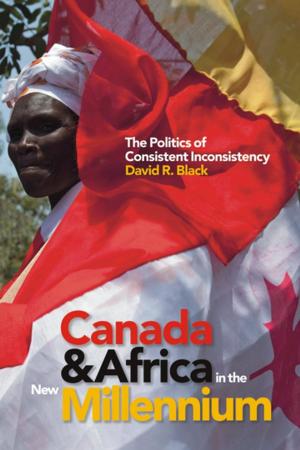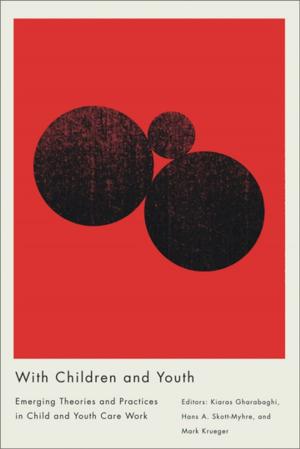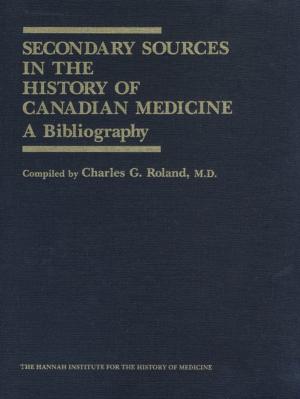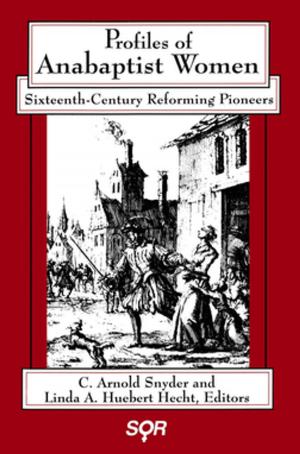Simone Weil: An Introduction to Her Thought
An Introduction to Her Thought
Nonfiction, Religion & Spirituality, Philosophy, Religious, Biography & Memoir| Author: | John Hellman | ISBN: | 9781554587025 |
| Publisher: | Wilfrid Laurier University Press | Publication: | October 30, 2010 |
| Imprint: | Wilfrid Laurier University Press | Language: | English |
| Author: | John Hellman |
| ISBN: | 9781554587025 |
| Publisher: | Wilfrid Laurier University Press |
| Publication: | October 30, 2010 |
| Imprint: | Wilfrid Laurier University Press |
| Language: | English |
“The generation of 1930 in French intellectual life was unique in the gravity of the challenges they faced.” Simone Weil — the brilliant social and political theorist, activist, and spiritual writer — was one of an eminent company in the France of the 1930s who responded to these challenges. In her brief, remarkable life she wrote a host of essays and letters and filled several notebooks with reflections. Hellman’s volume sets out the single world view — with its paradoxes and its logics — which appear behind her disparate writings but which she never lived to set out formally herself. Hellman extracts the key themes in Weil’s writings on Marxism, Hitlerism, factory work, history, and religion, in an effort to examine the seeming contradictions and inconsistencies in her fusion of deep spirituality and commitment to the poor and oppressed and her love-hate relationship with Roman Catholicism and Israel. The result is a synthesis of her thought as a whole, drawn principally from her varied, fragmentary writings, and seen in relation to her life and personality.
“The generation of 1930 in French intellectual life was unique in the gravity of the challenges they faced.” Simone Weil — the brilliant social and political theorist, activist, and spiritual writer — was one of an eminent company in the France of the 1930s who responded to these challenges. In her brief, remarkable life she wrote a host of essays and letters and filled several notebooks with reflections. Hellman’s volume sets out the single world view — with its paradoxes and its logics — which appear behind her disparate writings but which she never lived to set out formally herself. Hellman extracts the key themes in Weil’s writings on Marxism, Hitlerism, factory work, history, and religion, in an effort to examine the seeming contradictions and inconsistencies in her fusion of deep spirituality and commitment to the poor and oppressed and her love-hate relationship with Roman Catholicism and Israel. The result is a synthesis of her thought as a whole, drawn principally from her varied, fragmentary writings, and seen in relation to her life and personality.



